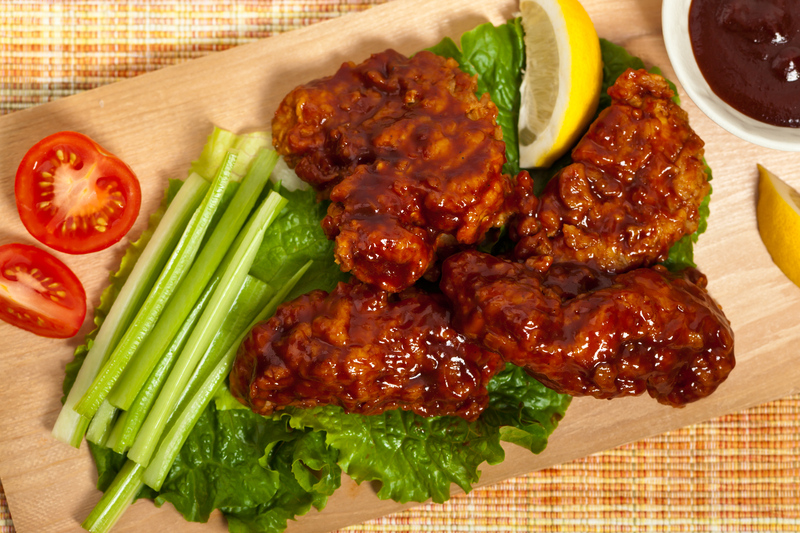COLUMBUS, OH — The Supreme Court of Ohio is deliberating a unique case involving Michael Berkheimer, a 65-year-old man who choked on a chicken bone in a dish advertised as “boneless wings.” The incident, which took place at Wings on Brookwood in Hamilton, a suburb of Cincinnati, led to severe health complications for Berkheimer.
On April 1, 2016, Berkheimer, a regular customer, ordered boneless chicken wings with Parmesan garlic sauce. He allegedly choked on a bone in the meal, leading to a series of medical emergencies including a tear in his esophagus, a high fever, infections, multiple surgeries, medically induced comas, and prolonged hospitalization.
He now suffers from long-term heart and lung damage and partial diaphragm paralysis.
Berkheimer sued Wings on Brookwood, Gordon Food Service (the supplier), and Wayne Farms (the chicken processor). Both the trial and appellate courts ruled in favor of the defense, stating that chicken bones are a natural occurrence in chicken breast and should have been anticipated by Berkheimer.
The case, now before the Ohio Supreme Court, hinges on the legal expectations set by food labeling. Berkheimer’s attorney, Robb Stokar, argues that the term “boneless” should legally guarantee the absence of bones, akin to expectations around “lactose-free” or “gluten-free” products.
Justice R. Patrick DeWine questioned the extent of consumer expectations, noting that people understand that chickens and fish naturally have bones. Patrick Byrnes, representing Wayne Farms, argued against treating the term “boneless” as a strict warranty against any bones.
The court’s decision will determine whether the case proceeds to trial, where a fact-finder would assess the liability of the defendants. This case raises significant questions about consumer expectations and the legal implications of food labeling.
